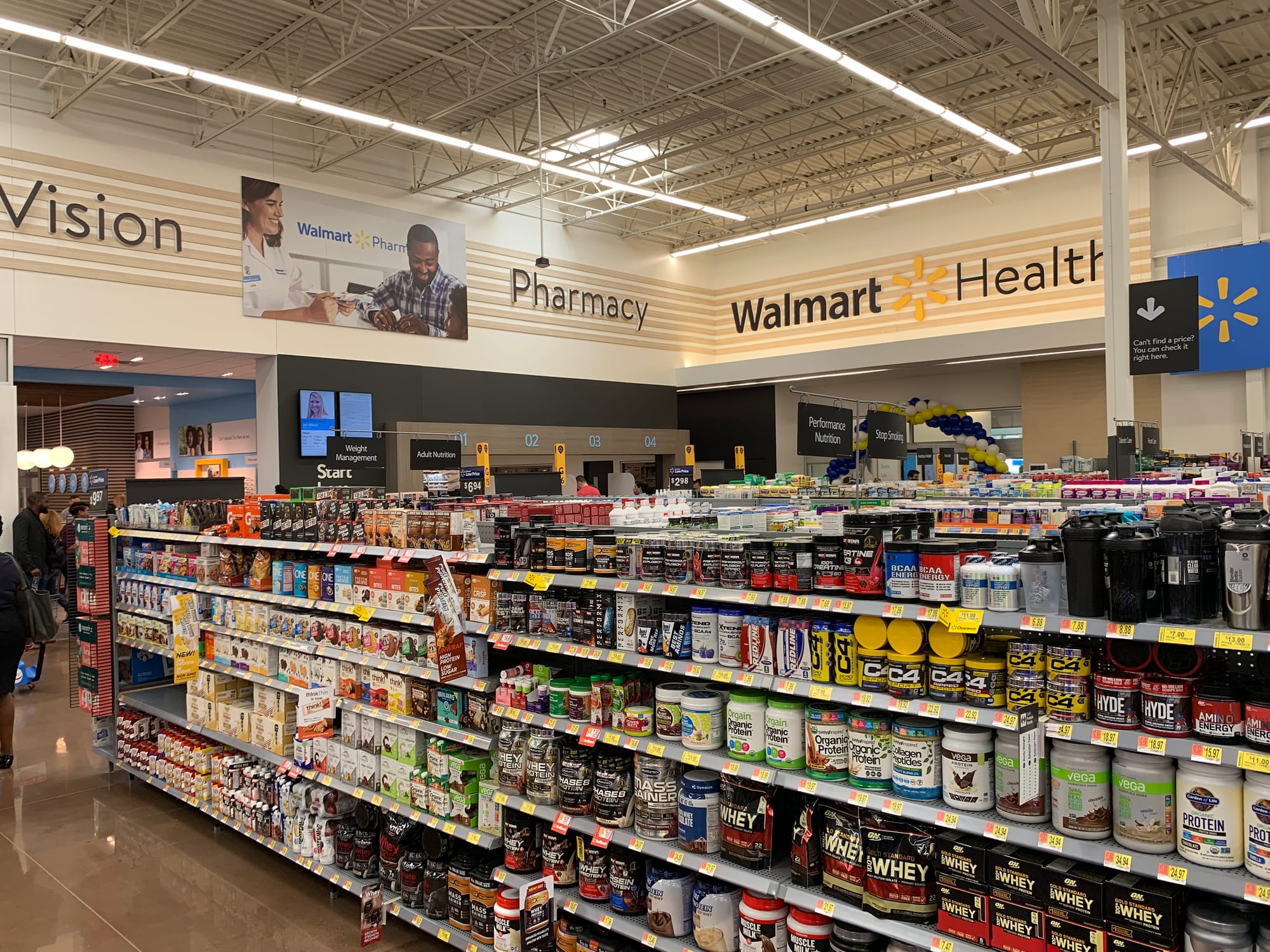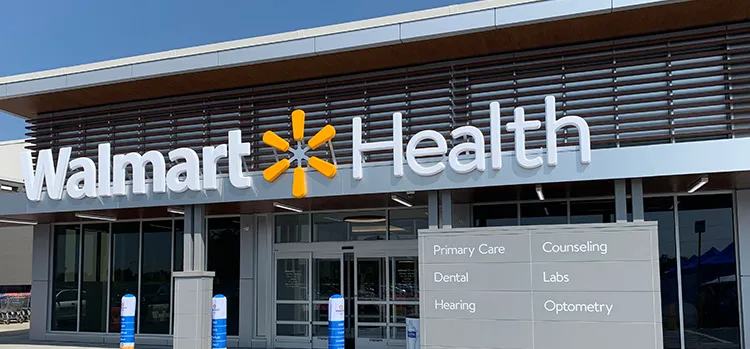
The mass retailing community is abuzz over Walmart’s most recent initiative, the opening earlier this fall of an innovative health care facility in the small Georgia town of Dallas, northwest of Atlanta.
Those industry people who have journeyed to Dallas to visit the new facility, which adjoins a Walmart Supercenter, and those who have merely heard about it are agog over the concept, whose objective is to introduce a range of easily accessible, affordable health care services to a Southern community that, like much of the country, has grown wearily accustomed to paying (or hoping insurance will pay) for a range of health care services whose outcome is, at best, problematic.
This Walmart experiment — if indeed the new facility can be described as an experiment — offers all that modern medicine will allow: medical and dental facilities; vision care; consultations and advice designed to infuse health care with a human touch; up-to-the-minute (better described as state-of-the-art) equipment designed to simplify the often-daunting access to health care services; and easy access to the range of advice and consultations that often, too often, required the individual patient’s patience, perseverance and stubbornness merely to arrange, much less pay for.
The people in Bentonville, Ark., when they speak of this new facility at all, are quick to point out that it’s merely an experiment, a test to determine whether a facility such as the one in Dallas is the new and future face of health care services in America, that the entire process of obtaining and paying for health care has become too expensive, time-wasting and, in terms of outcomes, uncertain.
But if the folks at Walmart insist that the Dallas facility is only a test, health care professionals know better. Sam Walton once criticized the use of the word “test” to describe a retailing initiative. “If you want to see if it’s any good, try it,” he frequently told friends. “If it’s not working, stop doing it.”
So it is with Dallas. Walmart has poured loads of money, talent, thought and commitment into this new facility, convinced, it is obvious, that health care in America has taken a wrong turn, that Americans could, should and must do better where their health care and pocketbooks are concerned. Though typically (for Walmart) secretive about the project, the people in Bentonville and Dallas fully grasp the likelihood that other retailers will shortly follow Walmart’s lead, testing health care facilities of their own. The company’s position, understood if not always articulated, is that the more this concept is copied, the better for the customer — and for Walmart. And isn’t this, after all, the Walmart way? Let’s try to be first, but, more importantly, let’s insure that we’re better. So it is that some of the best and brightest young (and not so young) minds throughout the Walmart empire have been tasked with making Dallas work as a stepping stone to improving what comes next. And certainly, there will be a next … and a next after that.
So the time has come to take a minute, to stop for a moment to monitor, marvel and applaud this new Walmart endeavor. In a retailing world jammed full of health care practitioners, visionaries and pseudo-visionaries, and dreamers who imagine a time when health care truly becomes a birthright for American consumers, it took the Bentonville juggernaut to take the lead, to show the way, to insist that selling bananas doesn’t preclude offering affordable health care services to a population desperately (and too often in vain) searching for such services.
So it is that, whatever retailing innovations take root between now and New Year’s day, this Walmart experiment with health care must surely be reckoned as the store of the year in America. At least until Walmart or one of its many worthy competitors opens something equally innovative and laudatory.









